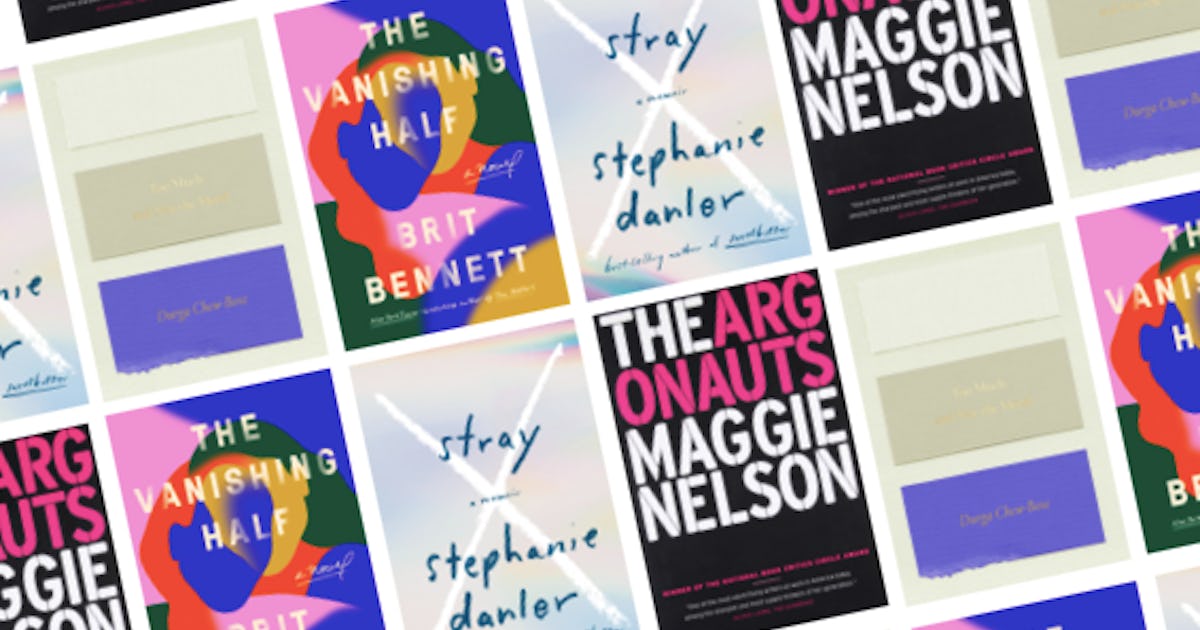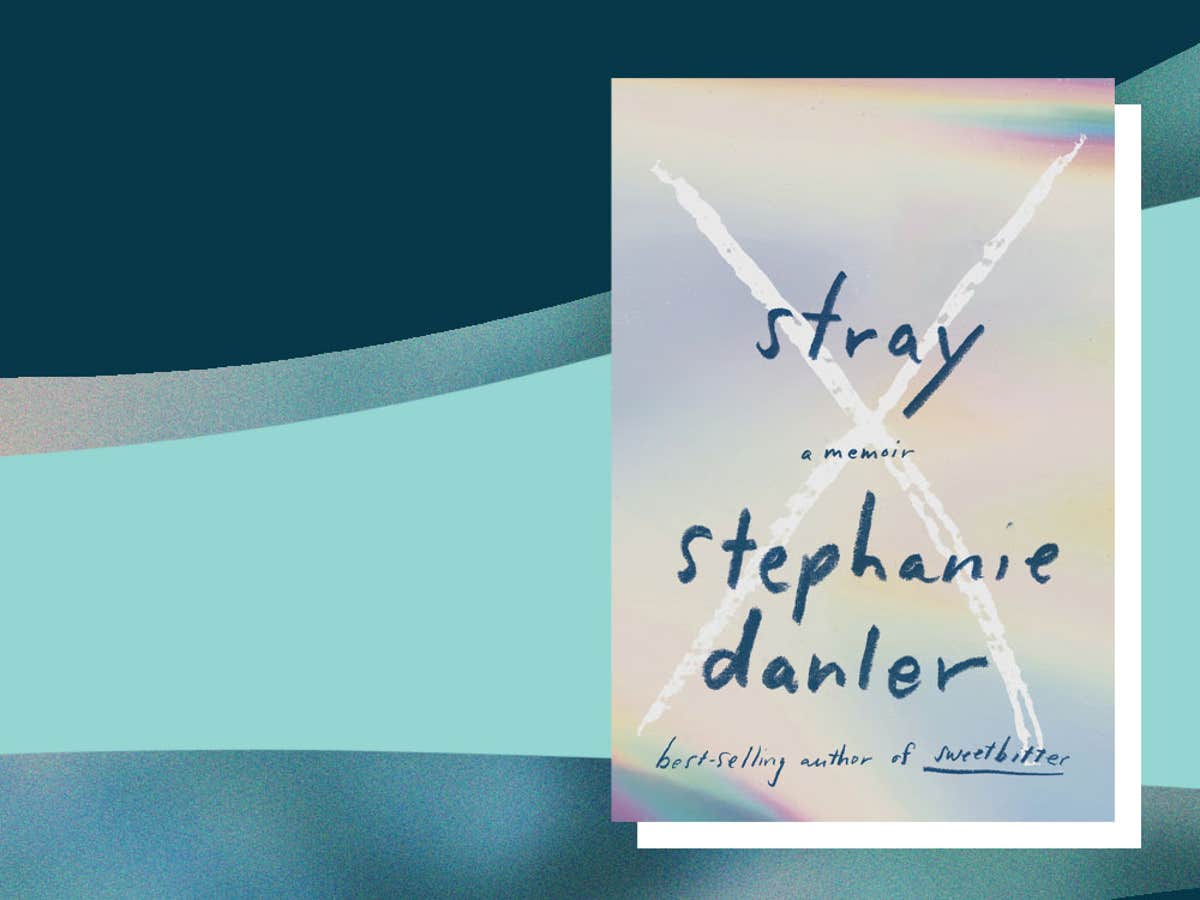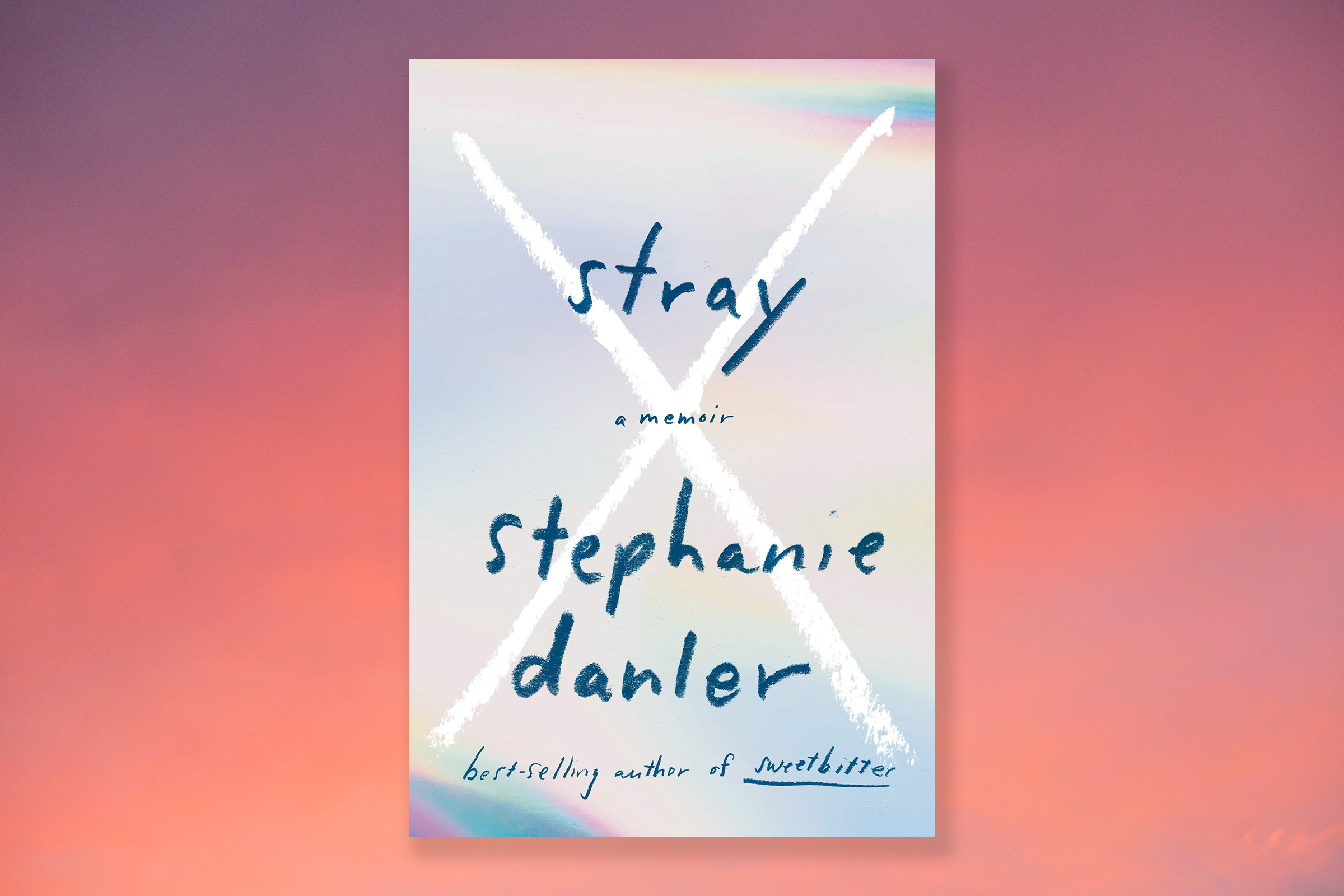From the bestselling author of Sweetbitter, a memoir of growing up in a family shattered by lies and addiction, and of one woman's attempts to find a life beyond the limits of her past. With the success of her novel, Sweetbitter, which spawned a television series, it might seem like Stephanie Danler has led a charmed life.Anyone who reads her fierce, unsparing memoir, Stray, however, will be quickly disabused of that notion. From a rental house in Los Angeles’ Laurel Canyon where some members of Fleetwood Mac may have once lived, Danler ranges over the whole of her.
- Stray By Stephanie Danler
- Stray Stephanie Danler Barnes And Noble
- Stray Stephanie Danler
- Stray Stephanie Danler Pdf
“In the spring of 2016,” Sweetbitter author Stephanie Danler writes in her memoir, Stray, “when my first novel is out, I give a reading at Powell’s [bookstore] in Portland … Ten minutes into the reading my father walks in … it’s the first time I’ve seen him in almost seven years, and the first contact I’ve had since I published an essay about his drug addiction.”
The passage powerfully captures the extremes of Danler’s life as Sweetbitter, her debut novel, exploded with a rare ferocity into the public consciousness.
Stray By Stephanie Danler
- ‘Sweetbitter’ author Stephanie Danler returns with ‘Stray’, the year’s most binge-worthy memoir In her gripping new memoir, Danler examines how being raised by addicts led to her own self-destructive tendencies – most evidently in her turbulent affair with a married man.
- ★ Stray By Stephanie Danler. Knopf $25.95 ISBN 964 Published Nonfiction / Biography & Memoir / Memoir. Trending Interviews. Interview by Linda M. A perennial scene-stealer in Harlan Coben’s Myron Bolitar series finally stars in a book of.
- Stephanie Danler Reader, Writer. Author of STRAY & SWEETBITTER. Creator of SWEETBITTER TV on @starz.

From the outside, Danler, it seemed, was living a fairytale. She’d gone from being a graduate school student, working on a manuscript and waiting tables to support herself in New York City, to signing a six-figure, two-book deal. Sweetbitter would soon be a TV show.

But as we learn in Stray, privately Danler was grappling with a lot of pain. A move back to her native Los Angeles forces to the surface long-buried memories, of a childhood marred by addiction, estrangement and abuse. She begins to process the pain and chaos caused by her father, a charming but unpredictable, itinerant man, in and out of rehab to treat crystal meth addiction. She is also confronted by the tragic decline of her mother, once a magnetic woman, whose struggle with alcoholism, and a 2005 brain aneurysm has led to her mental and physical deterioration. “I want her to live,” Danler writes after one especially painful visit, “and she just wants to die.”
Danler is also embroiled in a toxic, turbulent affair with a married man, referred to only as ‘the Monster’. Their illicit encounters take place in Los Angeles and New York, in Washington D.C., in Italy. In one dizzying passage, she recalls the time in a Rome hotel room when the Monster tells her, on a Skype call, he will never leave his wife. Two days later, he has flown to her. “We kissed on a park bench in front of the Fontana Paola for over an hour, as savage as teenagers,” she writes, “he emptied his pockets into the Trevi Fountain and swore I would be the mother of his children.”
If denial and self-delusion are what keep us stuck in damaging patterns, then Danler’s unflinching self-examination of the way her parents’ self-destructiveness has manifested in her own life is freedom. It’s an acknowledgement of what we inherit, and a testimony to how we grow, change and live full lives in spite of it.
A few weeks before the release of Stray on May 26, GRAZIA called Danler at home in Los Angeles, where the wind chimes tinkling in her yard provided a deceiving sense of calm amid the pandemic. We discussed what it took to write such a raw and revealing memoir, the misogynistic narratives that often surround affairs and infidelity, and more. Our conversation had been edited and condensed for clarity.
When Sweetbitter came out, there was a narrative around you that your life was a fairytale. Now, reading Stray, we know at the time you were struggling in your personal life. What was it like, to be living those two extremes?
It was surreal. But the last thing I ever want to do is use my past to defend any present happiness I have. You don’t get a reward for having a hard upbringing. Also, I’ve always been – for someone that just wrote a memoir(!) – a very private person. So I did not feel the need, while people were making assumptions, to correct them.
A lot of people thought Sweetbitter was autobiographical. Is it satisfying to be able to share with Sweetbitter fans something closer to the truth of your life?
Stray Stephanie Danler Barnes And Noble
That wasn’t the intention. [The memoir] came from a primitive, urgent place. But being a person who has had many assumptions made about them, I guess it does feel like I’ve set the record straight, in a way.
How long did it take you to write Stray?
I wrote it in three months. Which is very fast. But I had been making notes for about four years. There were pieces of it all over the place; in different notebooks going back to 2005, WhatsApp transcripts, emails. I had never had the time to sit with it all.
[To write Stray in three months] required that my husband leave his work temporarily and look after our infant son. We sublet our home in Los Angeles, dug into our savings and moved to Spain. Being in a different time zone, limiting texting hours, making it impossible to say ‘yes’ to lunch … those kind of boundaries are helpful.
So it was a really extreme – and very privileged – set of circumstances.

Stray, to me, is such a love letter to the families we choose. Friendships that endure, and evolve into something more like family. I love the presence of your best friends in the book. Was it intentional, to pay tribute to them?
I’m so glad you picked up on that. I see both of my books that way, very much so. As someone who felt largely on her own from 16 years old, when I started to live with my father, I’ve always craved the feeling of unconditional love and safety I imagine some people get from their family. So I have always looked to create it. At the same time, I’m someone that doesn’t trust easily. I think it’s hard as you get older, to get to know people at that level. To know their history, to have witnessed all the changes they’ve been through. I’ve made incredible friends in adulthood. Is it possible for them to love me the way my oldest friends do? I’m not sure. I could have written a separate book about the life I’ve had with Carly, Alex, Eli and my sister, Christina.
It’s not often in pop culture we see parental estrangement covered with nuance. Estrangement between mother and daughter especially can make people uncomfortable. Those who’ve been through it, I think, will get catharsis from Stray.
I think that’s your greatest hope if you’re going to write. If you’re going to expose yourself in this way, all you can hope is that in sharing that story, you are able to reach someone else. Or, it causes them to consider their own stories in a new light.

As far as my mother goes, I have thought so much since her aneurism in 2005 about what it means to grieve the living. I can’t have a relationship with her, but she’s still alive. It’s more common than we think. Estrangement, illness, a break-up with a long term romantic partner – these are all ways in which we grieve the living. It’s a legitimate grief in that it never abates, the hurt of it, but you learn how to live with it.
I was moved by the passage where you wrote that because she’d had the aneurism, any chance of a proper, deeper reconciliation was off the table.
It’s true. I think I felt the shock of it at 20 when it happened, but I did not really mourn it until I moved back to California [in 2015] and was confronting it.
I don’t know if that’s something you can properly process at 20 years old.
Oh yeah, I don’t know if you can ever process it. It’s very … ongoing.
Did you ever consider not writing Stray? Did you ever think it would be too painful, and make you too vulnerable, that it was just too hard?
Stray Stephanie Danler

Stray Stephanie Danler Pdf
Yes. It took me two years to admit I was writing a memoir. During that time, I told [my publisher] that I was working on a novel. I kept saying, ‘I’m doing research’. I was writing … just not the novel. I was writing about my parents and I was writing about rediscovering California [after spending a decade in New York City]. The two [my parents and California] did not marry for me until I wrote a piece about Owens Lake in California, which is the lake that was drained by the Los Angeles Aqueduct in order to build the city of Los Angeles in 1913. The piece was about environmental amnesia and trauma. As I was writing that piece, I started to write about my father. After a while I realised: the way that I feel about California, and its volatility, and how to love it you have to be able to forget, is the way that I feel about my parents.
That’s when I knew there was a book – two years after I started writing about my dad.
I never thought I could write a memoir. I didn’t think I had the inner strength.
In the Monster section, you depict your affair with a married man. There’s a sexist narrative that often happens around affairs. There can be a level of contempt and venom for ‘the other woman’. Even when the woman is unmarried, and the man she is having an affair with is married, has made vows. Yet, I think it’s impossible not to have empathy for the narrator in Stray.
I can’t imagine that it will change a century of stigma. I think you can see in the book that I really blamed and punished myself. I believed that when he hurt me, or I was hurt by the situation, that I deserved it. Because I had intruded on the marriage.
Part of that is true, because I continued making the choice to be in that relationship. The other part is not true. That marriage had problems long before I entered its orbit. I thought the affair was its own love story, but at the end of the day, it was a symptom of something that was wrong in their marriage.
Was it empowering to own the narrative?
I think I did want to take the story back for myself. [An affair] can be erased so easily, because it doesn’t exist in the real world. It doesn’t ever receive validation. So how do you talk about the fact it was a real relationship? That it changed you, that you grew, that there was genuine love there?
It’s taboo to talk about, and I definitely am not proud. If I had a dear friend who was about fall in love and pursue a married man I would advise against it. The story rarely ends well. But it is still a fact of life. It happens all the time.
I think you end Stray on a hopeful, yet realistic note. You don’t claim everything is fine. You don’t say you’re all healed, everyone is happy. Did you think about the fact that readers often want a happy ending, or an epiphany?
There is a lot of pressure, particularly on female writers, to have an epiphany. Leave the readers with a take away. Mostly to reassure people – ‘I’m not broken anymore’.
If you don’t deliver on a certain set of expectations, readers often get angry. But I didn’t want to say, ‘I’ve fallen in love with a new man, he’s much nicer to me, and I’m able to quit this terrible affair. I’m able to let my parents go.’ Because that’s not true.
But the narrator, myself, does move from apathy to care, or neglect to care.
It’s small. But often it is a series of micro movements that make up our growth. It’s often not a huge climatic moment – I had a car accident, I had cancer, I lost someone – that alters your life into a before-and-after. For the most part, for a lot of us, it’s these small movements that slowly accumulate and become real growth.
